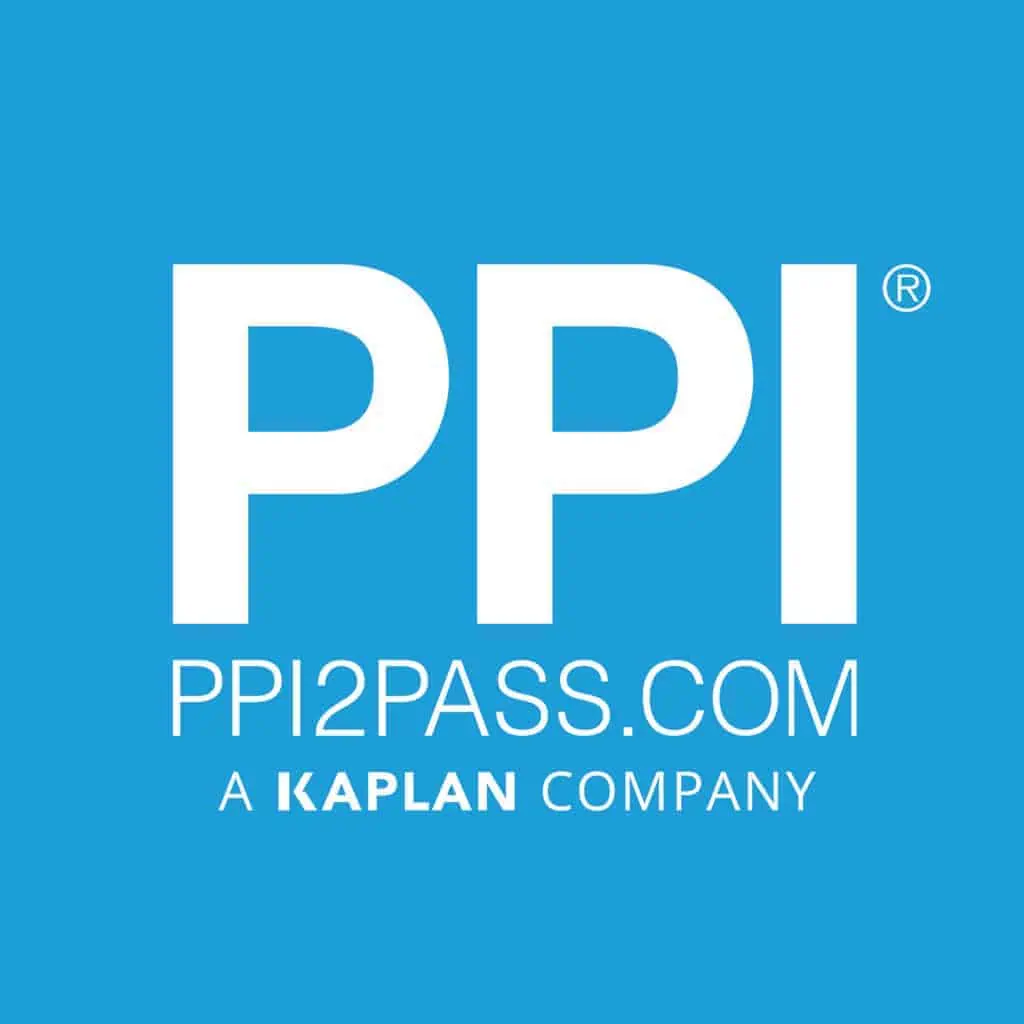In this article (and video above), I dive into the transformative practice of reflective studying for engineering exams. Join us as we explore how adopting a reflective approach can elevate your preparation for the FE (Fundamentals of Engineering) exam, leading you towards achieving your professional engineering license.
Preparing for the Fundamentals of Engineering (FE) exam is a significant step toward obtaining your professional engineering license. However, the journey to success in this crucial examination often demands more than mere rote memorization of equations and concepts. To truly excel, aspiring engineers must adopt a reflective and strategic approach to their study regimen. Reflective studying is a powerful tool for boosting your FE exam preparation and can be particularly effective.
But first, what exactly is reflective studying or learning?
Reflective learning typically involves looking back at something, a past experience or idea and critically analyzing the event. By looking at successful and unsuccessful aspects of an experience, reflection will help students learn from their past experiences and turn surface learning into deeper learning.
It’s not just passive absorption of information. It involves actively engaging with the material, asking yourself questions, and analyzing your understanding. This helps you identify areas of weakness, solidify your knowledge, and develop better problem-solving strategies.
Here Are Some Benefits of Reflective Studying for FE Exam Preparation:
1 – Deep Understanding. Reflective studying encourages you to engage deeply with the material rather than just passively consuming it. This can lead to a better understanding of the concepts, which is crucial for success on the exam.
2 – Identifying Weaknesses. By reflecting on your study sessions, you can identify areas where you struggle or lack understanding. This allows you to focus your efforts on those areas, improving your overall knowledge and performance.
3 – Effective Learning Strategies. Reflective studying helps you determine which study methods work best for you. You can assess whether certain techniques, such as flashcards, practice problems, or concept mapping, are helping you retain information effectively.
4 – Retention of Information. When you reflect on what you’ve learned, you reinforce the material in your memory. This can lead to better long-term retention of information, which is essential for passing the exam and for your future career as an engineer.
5 – Increased Confidence. As you reflect on your progress and see yourself improving, your confidence in your abilities will grow. This can help alleviate test anxiety and give you the mindset needed to tackle the exam with success.
6 – Adaptation of Study Plan. Reflective studying allows you to adapt your study plan as needed. If certain topics are proving to be particularly challenging, you can allocate more time and resources to mastering them, ensuring that you’re fully prepared for the exam.
7 – Continuous Improvement. Reflective studying is a process of continuous improvement. By regularly evaluating your progress and making adjustments to your study approach, you can steadily improve your knowledge and skills leading up to the exam.
Here’s a breakdown of how you can implement reflective studying effectively:
1 – After completing practice problems. Don’t just check answers. Ask yourself:
- Did I understand the underlying concepts?
- What assumptions did I make?
- Were there alternative approaches?
- Could I explain this to someone else?
2 – Reviewing lecture notes or textbook chapters:
- Summarize key points in your own words.
- Identify anything unclear or confusing.
- Connect the material to real-world examples.
3 – During mock exams:
- Analyze your performance under timed conditions.
- Identify areas for improvement in time management, stress management, or specific topics.
- Adjust your study plan accordingly.
By incorporating reflective studying into your FE exam preparation, you can gain a deeper understanding of the material, develop stronger problem-solving skills, and boost your confidence for success. May you navigate the complexities of the FE exam with resilience, determination, and a steadfast commitment to excellence. Your journey toward engineering licensure awaits—embrace it with courage and conviction, knowing that the future of your engineering career lies within your grasp. Best of luck on your FE exam adventure.
About Matthew Douglas

Most recently, during his time working for the public sector, he has taken the role of Public Works Operations Manager. He led quite a few public infrastructure rehabilitation projects and implemented new asset management technologies at a very young age. It is here that the passion for “fixing what’s broken” developed.
This Episode Is Brought to You by PPI
PPI
I hope you found this article helpful. In upcoming articles, I will solve some more PE exam practice problems and answer other questions from our subscribers. Pass the PE Exam videos will publish weekly, so be sure to click the subscribe button so you don’t miss something that could make a substantial difference in your exam result.
Lastly, I encourage you to ask questions in the comments of this video, or on this page and I’ll read and respond to them in future videos. So, if there’s a specific topic you want me to cover or answer, we have you covered.
I’ll see you next week… on Pass the FE Exam
Anthony Fasano, P.E.
Engineering Management Institute
Author of Engineer Your Own Success

Leave a Reply